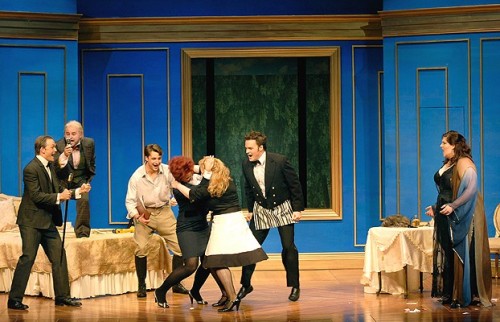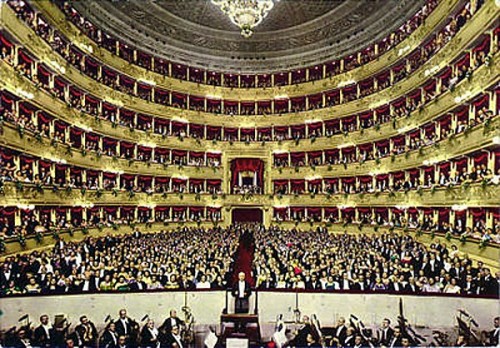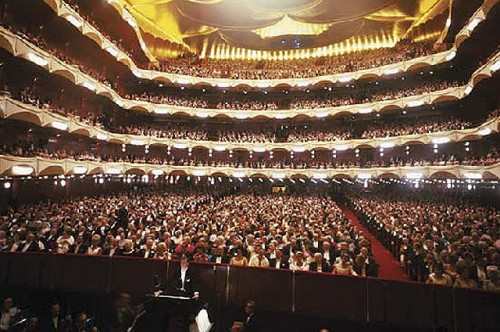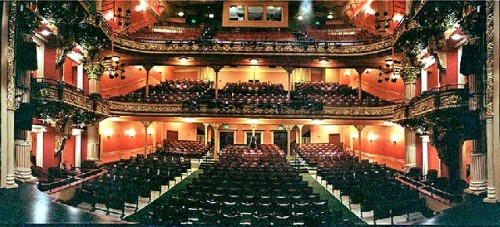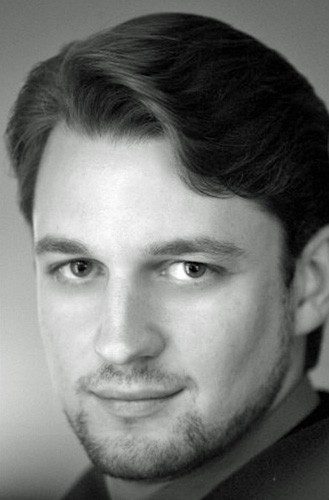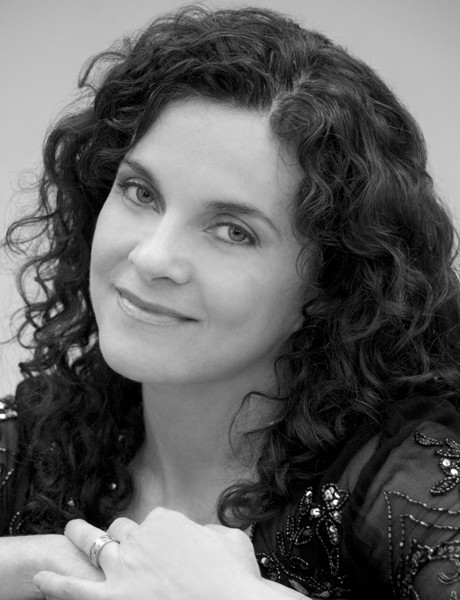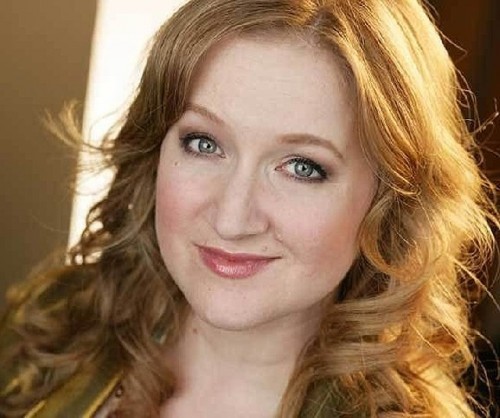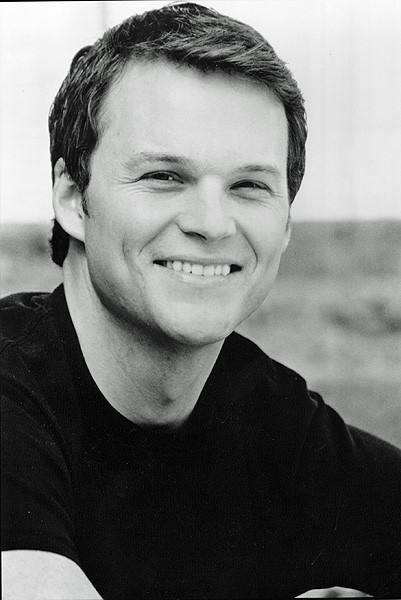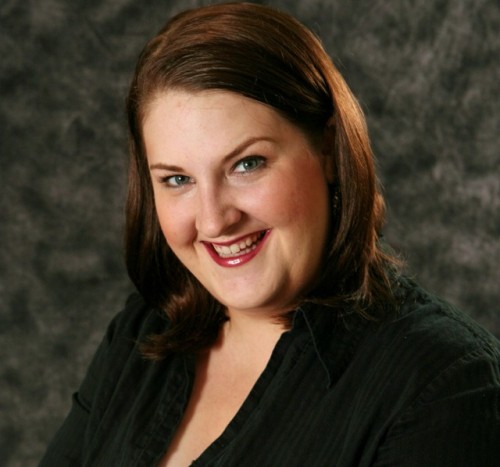A First Class Marriage of Figaro by Berkshire Opera
Mozart and the Colonial May Be a Perfect Marriage
By: Larry Murray - Aug 19, 2008
Le nozze di Figaro. Music by Wolfgang Amadeus Mozart, Libretto by Lorenzo da Ponte, Based on the drama by Pierre-Augustin Caron de Beaumarchais. Conductor, Kathleen Kelly; Stage Director, Gregory Keller; Scenic & Lighting Designer, Dipu Gupta; Costume Designer, Charles R. Caine; Technical Director; Maia Robbins-Zust; Stage Manager, Laura R. Krause; Assistant Conductor, Joseph Li; Assistant Director, Elizabeth Williamson; Assistant Stage Manager, Christina Carter.
With Suzanne Ramo as Susanna, Ryan McKinney as Figaro, Tamara Wilson as Contessa Almaviva, Liam Bonner as Conte Almaviva, Maureen O'Flynn as Cherubino, Jason Hardy as Dottore Bartolo, Fenlon Lamb as Marcellina, Jason Ferrante as Don Basilio/Don Curzio, Alison Trainer as Barbarina, and Claude Corbeil as Antonio. Berkshire Opera Orchestra and Chorus. 3 Hours, 15 minutes. At the Colonial Theatre, Pittsfield, Ma. Performances remaining: August 20, 22 at 8 PM and August 24 at 2 PM.
The Berkshire Opera and Le nozze di Figaro have a long history together. First performed by the company in 1991, and again in 1997, can it be a decade since we last heard it sung? Berkshire Opera has long had a soft spot for the works of Mozart, and so it comes as no surprise that this updated production came off so flawlessly. What Mozart required, and this company of musicians provided, was the ensemble sensibility that allows opera to transcend the notes and become a mind altering experience. When Mozart writes for sextets, septets, and octets, and they sound like one glorious, seamless voice, you know it is "magic time". There is no more joyous yet impossible task than unraveling all those voices into their individual strands, the sound and complexity simply overwhelm the senses.
From the first note, it was clear that conductor Kathleen Kelly not only was in charge, but that she had also managed to assemble and shape an orchestra of some 30 players into a unified whole. While thirty might be considered modest forces in the major opera houses, it is the right size for this Mozart opera in the intimate Colonial Theatre. Consider this: The Metropolitan Opera in New York seats 3800, and the famous Teatro alla Scala in Milano holds 2800. The Colonial in Pittsfield has 774 usable seats.
To accommodate two and a half dozen players and their instruments, the pit was extended even further under the stage, while the electronic harpsichordist for the recitativo was in an orchestra level box with his equipment. Kelly held these disparate players together as if they were a string quartert gathered around her.
From my vantage point on the floor and under the balcony overhang, the sound was clean and clear, the playing spirited and unaffected, and from the overture to the finale, the opera unfolded without a hitch along the way. I admit to ignoring the two doors on the set that never seemed to stay closed, but from a musical standpoint, all went well. Overall, the scenic and lighting design by Dipu Gupta was nothing short of spectacular.
This is the first time I had the opportunity to hear Ryan McKinny who sang Figaro, and from the opening words of "Cinque, dieci, venti, trenta..." (as he measured his marriage bed) it was clear that this was a bass-baritone with a commanding voice. His second aria, "Se vuol ballare, signor contino..." (If you want to dance, sir count) sealed the deal for me.
Suzanne Ramo who sings Susanna utilizes a bright soprano to superb effect in "Venite inginocchiatevi..." (Come, kneel down before me). This is sung to Cherubino, a young man whose role is sung by the full coloratura Maureen O'Flynn in one of the finest male impersonations I have ever seen in Opera. What is particularly amazing about her performance is the puckishness of her character. Cherubino can't keep his hands off the ladies, and is a teen rebel to boot. And from the moment he arrives on stage, mischief is afoot.
Cherubino is given what is arguably the most beautiful aria of this opera "Voi, che sapete che cosa é amor" (You ladies know what love is, see if I have it in my heart) . It was rendered with passion, delicacy and, yes, heart, by O'Flynn. I think I am in love with yet another soprano.
The opera revolves around the Count's desire to sleep with Figaro's bride and claim his "droit de seigneur", the feudal right to bed a servant on her wedding night. The fact that he previously lifted the requirement for his subjects is only an obstacle to overcome. As sung by baritone Liam Bonner, the Count comes off as a pretty regular guy, even if everyone is constantly trying to trick him.
His wife, the Countess, is sung by Tamara Wilson, and her aria, "Non so più cosa son" (I don't know anymore what I am) was especially touching. Underneath her controlled soprano voice is a Verdi heroine dying to come out.
Barbarina is a relatively minor role, but one that provoked a near crisis shortly before these performances were to begin. Courtenay Budd who had originally been signed for the part became indisposed and was replaced on short notice by Allison Trainer. Her delivery of a distraught Barbarina "L'ho perduta, me meschina," (I have lost it, poor me) was lovely.
During the course of the opera, the music is sung with superb diction, expert musicianship and impeccable deliveries. But there is mischief afoot. While remaining absolutely faithful to the music, the time has been shifted to the present, the players are all more or less in street dress, and as the Opera proceeds we begin to see cellphones, skateboards and other signs of the real world outside the theatre. In fact, while the words and music are 18th Century Mozart, the actions on stage are often more like what you'd see today on North Street. What was ingenious about this refreshing approach is that is sort of sneaks up on the audience, as bit by bit things seem to evolve from "back then" to "just now."
To deliver a musically perfect performance of Mozart, while making what is happening on stage feel fresh and familiar, is reflective of the new leadership and thinking at Berkshire Opera. It has proved once again that they are our region's first rate presenter of opera. Enjoying grand opera in the intimacy of the splendid Colonial Theatre is a rare treat. With only three more performances left, it is not to be missed.
Bravo! Encore!
Quick Link to Berkshire Opera
Quick Link to the Colonial Theatre


